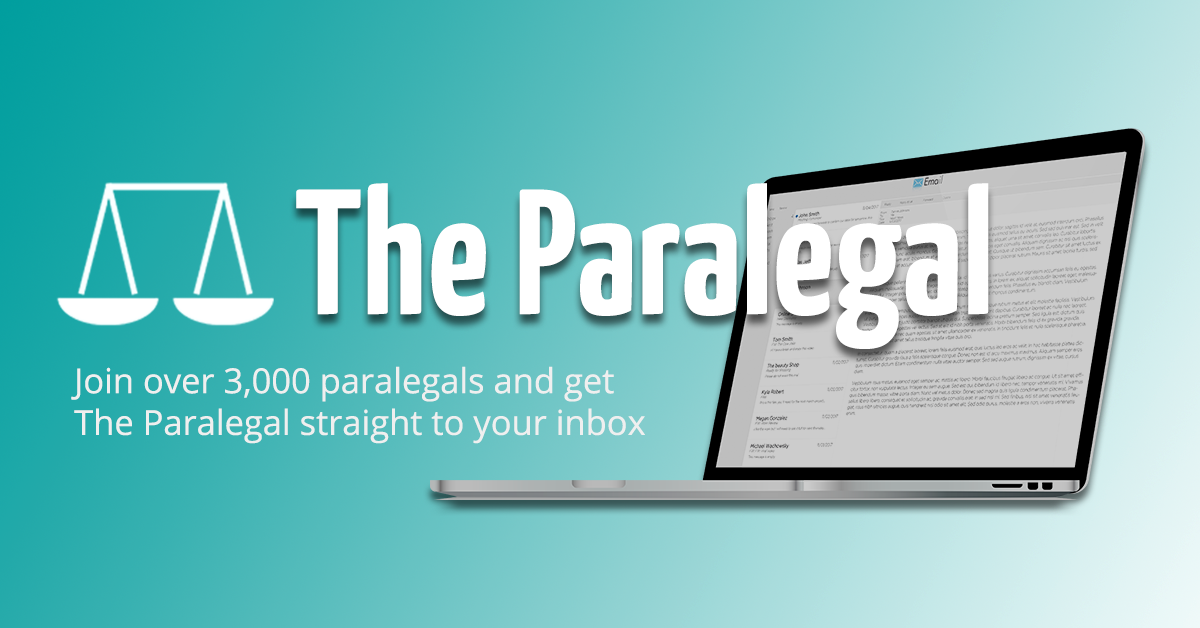Joining the Paralegal Profession
The simple answer is yes. Whether you are new to law, a legal secretary, a legal assistant, a student or an experienced practitioner you can be recognised as a Paralegal. The paralegal profession is not regulated by statute in the way that other sectors of the profession, such as Solicitors are. It is important to emphasise that Paralegal’s offer the most flexibility in the legal sector as it is possible to work independently as a sole trader, through a company or Paralegal Law Firm, in local or central government, in the public and private sector, in commerce and in charities. A career as a paralegal is varied and enables you to do over 90% of what a Solicitor can do. In fact, you can do anything other than the Reserved Activities.
There is nothing stopping you from applying to be a paralegal without any related qualifications, but you are likely to have more success if you do. Likewise, practical legal experience is equally important and at the Institute we can recognise your experience via our experiential route.
If you are looking for employment as opposed to self-employment then we advise applying for an admin role at a law firm or organisation as an Affiliate Member of the IoP, and then study for your paralegal qualifications whilst working. Becoming a paralegal is not a ‘soft’ way into the legal profession and is fiercely competitive and takes time but is a great alternative for those not wishing to go to university.
First and foremost, employers want people with some relevant prior work experience. This is because experienced people need less training and can begin handling cases quicker. As a second-best alternative, employers usually give preference to people with relevant practical training that has taught them how to actually do the job in question.
We say ‘relevant practical training’ to differentiate such ‘practice and procedure’ courses from those law courses which, although they may be very good courses, are not teaching the things that employers’ value. The four types of course which are most often (but not always - it boils down to the personal opinion of the relevant employer) considered less relevant are:
- Generalist courses that offer a broad range of legal subjects. It is far better to specialise in one area of law such as conveyancing, wills and probate or employment law. A Jack of all trades is not the best approach. A lot of time and money can be wasted studying subjects that you will never need.
- Academic training which cannot be applied to the workplace very easily. Most law degrees and Master’s degrees in law fit into this category.
- Practical training in the relevant area is valuable, training in irrelevant areas is, well, irrelevant!
So although you are not obliged to do any legal training, and can apply for entry-level jobs right now, doing the right legal course should considerably increase your chances of getting an entry-level paralegal job.
Please note we say “should increase your chances” not “definitely will increase your chances”. Again contrary to what some course providers will tell you, there are no courses which will guarantee you a job as a paralegal. What you are doing is increasing your chances of success.
Paralegals tend to specialise in one area of practice. The main areas of law in which paralegals work are:
Civil Litigation
Commercial Property
Company Law
Debt Recovery
Employment Law
Estate Administration
Family Law
Mediation
Mortgage Repossessions
Personal Injury
Residential Conveyancing
Wills and Probate
The job of a paralegal differs dramatically depending on the practice area. A residential conveyancing paralegal will rarely have face-to-face contact with clients, and will constantly be working to immovable deadlines. A paralegal handling probate matters will mostly have a desk-bound job which is much less time-pressured. A paralegal doing criminal law work may find himself/herself regularly attending police stations and courts and dealing with suspected criminals, whereas a paralegal doing personal injury work will usually deal with ordinary members of the public who slipped on split yoghurt in their local supermarket etc.
Because the jobs are very different, it is important that you do some research first to see which area interests you, and whether you think you have the aptitude for it; for example not everyone is comfortable representing people accused of crimes.
Since the jobs are so different, it follows that anyone sending in an application to a company, local authority or law firm just asking for any vacancy as a paralegal doing any type of law will not impress. Also, individual departments within solicitors’ firms are often run semi-autonomously, and so the hiring decision may well lie with the head of department and not the senior or managing partner of the entire firm. Smart applicants work out what area of law they want to work in and then identify companies, solicitors’ firms or other organisations doing that type of law, and write direct to the relevant head of department.
Whichever path you choose a Paralegal is someone who performs substantive legal work that requires knowledge, legal skills and a commitment to continued learning, as law changes!
It also follows from the above that if you do want to do a training course, you need to do one in the relevant practice area. Doing a course on probate law, no matter how good, will not impress people if you start applying for jobs as a debt recovery paralegal!
The only type of training that most employers really value is practical training which gives you the knowledge and skills that you would have gained from practical experience – i.e. the skills they need you to have on a daily basis.
Paralegals are “doers” – they advise suspects in criminal matters; they incorporate companies; they complete and submit very important official documentation; they interview witnesses to get essential information. Generally speaking, none of these things are taught on academic courses such as law degrees, Masters Degrees and the Graduate Diploma in Law. Accordingly, do not be surprised if any academic qualifications you have do not overly impress, regardless of how excellent they are. Employers would generally prefer you to have done a vocational course that taught relevant practice and procedure of one area of law in detail.
The Institute is developing an online virtual learning platform and will be launching a suite of qualifications soon.
The IoP’s Educational and Training Network (ETN) enables Universities and other training providers to be recognised as having qualifications or training Approved by the IoP.
For more information and to see a list of training providers approved by the IoP, please visit the education and training network
There are many good reasons why you should apply to join the Institute - today.
However right now the main benefit is that it will help you find work, because telling prospective employers that you are a member of the Institute signals to them that you are already on the paralegal career path and serious about being a professional legal practitioner.
The IoP is partnered with Totally Legal and you can find all active vacancies here.
If you are looking for your first job as a paralegal, then the main benefit of Institute membership is that it will improve your chances of getting work. It will do this in four different ways:
- As the profession is unregulated there is no particular standard that you have to meet - basically, your application has to look more attractive than those of the other applicants. It is like the old joke about two campers whose campsite is attacked by a bear. One camper begins to run off barefoot. The other stops to put his shoes on. The first camper says “Why are you bothering to do that, you can’t outrun a bear! The other camper replies “No. I just had to out run you!” By being able to demonstrate to prospective employers that you are already plugged into "the system" and are already a member of the professional body for paralegals, then you will already be ahead of the numerous applicants who cannot demonstrate that they have already taken tangible steps/made any positive commitments to becoming a professional paralegal.
- Our IOP Newsstand member benefit will give you regular, plain English, updates on legal developments/issues. You can choose to receive updates on up to circa 40 different practice areas. This way, when you go for an interview you will be able to demonstrate relevant, up-to-date practice knowledge.
- Our monthly e-Journal, The Paralegal, will provide you with essential news about developments in the legal and paralegal professions. Again this could help you significantly when applying for positions because you will have insider information unavailable to most other applicants.
- Members can seek careers advice from us at any time.
In addition to the above benefits, we also offer our extensive member benefits program, called IOP Perks. This offers you discounts on over 50 goods and services that you might actually use. If you use any one of the top 12 discounts on offer it will save you more than the cost of your annual membership.
Other member benefits include:
- Free reciprocal membership of the New York City Paralegal Association
- Obtaining a recognised professional designation (e.g. Q.Inst.Pa)
- Annual Hallmarked Membership Certificate
- Smart badges provided by Yoshki
- Free webinars to count towards your CPD
- Eligibility to become a registered and or regulated member of the Professional Paralegal Register
- Eligibility for membership of the Royal Overseas League club
- Access to the support services offered by LawCare
- Access to our Jobs Board
- Access to template paralegal practice documents (e.g. sample client engagement letter)
- Receipt of free Practical Careers Advice
- Formal right to countersign passport applications
For a list of benefits please check the member benefits page
The IoP has met the strict criteria set by the PPR (Professional Paralegal Register) and become one of its’ Recognised Bodies.
As a member of the IoP, you are automatically eligible to become registered and/or a regulated member of the PPR.
Being a registered member of the PPR provides visibility and certainty to consumers and other persons who use their services, and want to know whether they are a bona fide Paralegal.
The PPR can hear complaints relating to conduct only in respect of Registered Paralegals and do not fully regulate the services that they offer.
A PPR member who has a Paralegal Practising Certificate is regarded as a Professional Paralegal Practitioner, and is fully regulated by the PPR for all of the services that they are authorised to undertake.
To fee for a registered member of the PPR is £25 per year.
A PPC may be ‘Specified’ at £155 per year or ‘General’ at £205 per year.
All Paralegals on the PPR who offer services to consumers or other clients, such as companies or local authorities, are encouraged to apply for a PPC to enable them to offer a professional service with the peace of mind that their clients are protected should things go wrong.
For more information on how to apply, the requirements, the associated fees and quick access to the application form, please visit: //ppr.org.uk/paralegals/practising-certificates/.
You can join if you are a...

Student

Professional

Corporate
Students
Just starting out, changing careers or wanting to learn more about law? Combining IOP membership with a qualification in law will speak volumes for your commitment towards good practice. It will enable you to really stand out while ensuring you remain relevant and more employable.
Corporate
If your organisation wishes to join the Institute (as opposed to individuals within your organisation taking out individual membership) then you should apply for corporate membership.
Corporate membership is not based upon legal practice experience. It is sufficient that you offer legal services or provide ancillary legal services (e.g. legal recruitment, training, publishing, etc.).
Membership costs £250 or £400 for 12 months, depending on your organisation's size.


